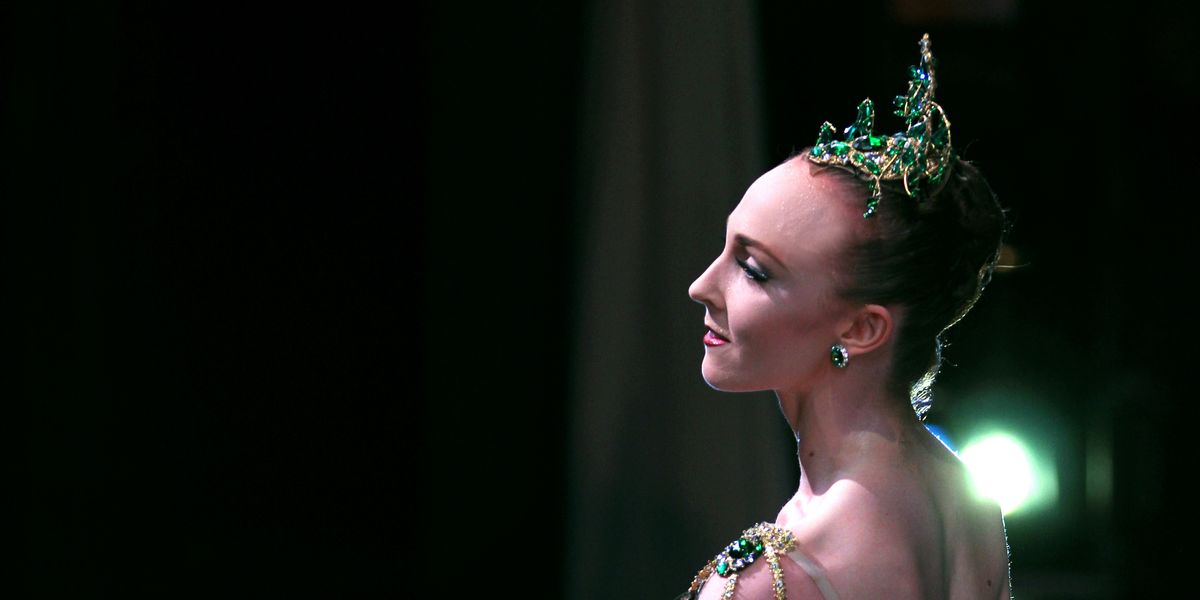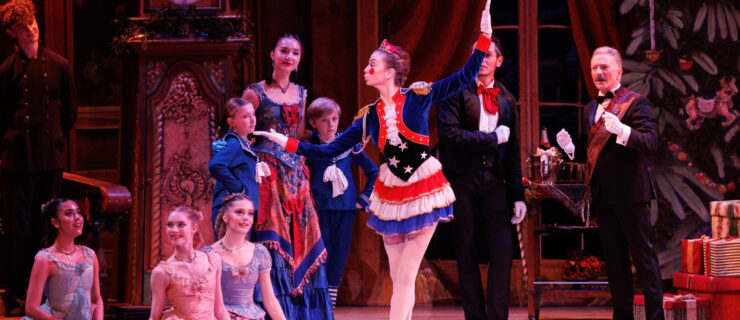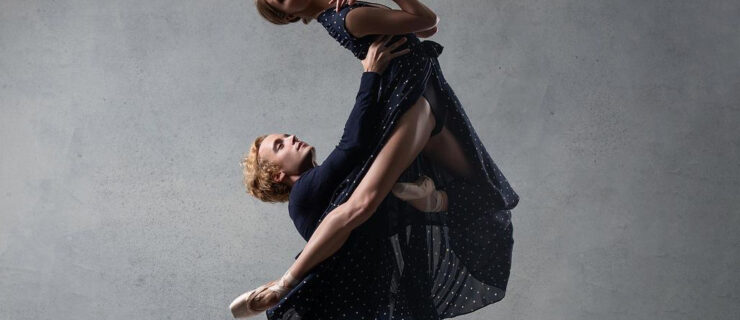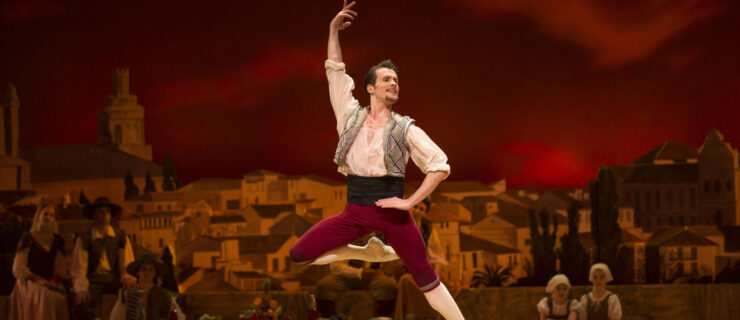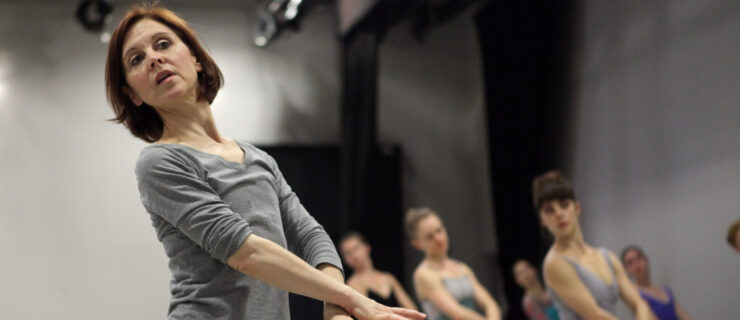PNB's Margaret Mullin Looks Ahead to a Freelance Career and Works Toward a Future in Directing
In addition to cancelled shows, the coronavirus pandemic has disrupted final performances for many retiring dancers.
Pointe is giving several retiring principals and soloists a chance to reflect on their careers and offer advice to the next generation.
Let’s get one thing straight: Margaret Mullin is not retiring from dance just yet. But the longtime Pacific Northwest Ballet soloist is saying goodbye to company life. A native of Tucson, Arizona, Mullin has spent her entire career at PNB, rising from apprentice to soloist over the course of 12 years. Her dream to dance there started early as a student at Ballet Arts Tucson, and she eventually moved to Seattle to train at PNB School full time.
In addition to dancing leading roles throughout the years, Mullin has also choreographed works for PNB’s NEXT STEPS choreographer’s showcase, as well as Lost in Light for the main company and Saccade for PNB Professional Division students. She is also the director and producer of the documentary film No Dominion: The Ian Horvath Story, following the life of late dance champion and AIDS awareness advocate Ian Horvath, and hosts her own podcast, “Beyond the Barre.” Below, she opens up about what she’ll miss about PNB, why she’s cultivated interest outside of dance and her big dreams for the future.
You have danced at PNB for your entire career. What is it about the company that feels like home?
For me the feeling of home comes from the people. I feel fortunate to have friends throughout the entire organization beyond the dancers; teachers, development officers, stage crew members, musicians, wardrobe and costume shop members, marketing staff and those who work at our front desk, in our outreach programs and in our box office. There are some truly wonderful people who work very hard for PNB and I will really miss seeing them all the time. They inspire me.
Why did you decide to retire from company life?
I had been craving a change for about three years, but didn’t know what that change should be. I finally decided to explore life as a freelance artist so I can continue dancing, but also spend more time pursuing my other passions including my podcast, documentary film, choreography and teaching.
You’ve nurtured a lot of interests outside of ballet.
Why was that important to you?
I always knew I would have to face the transition away from company life one day, and felt determined to do so with grace. I felt strongly that if I could find other things to be passionate about earlier in my career, it would make the shift in my lifestyle and time less painful. So far that has proven to be true! I really miss being onstage, but I am also enjoying all the work I’m doing right now on my podcast and documentary.
The COVID-19 shutdown affected your final performance at PNB. How does that make you feel?
It’s difficult to lose the chance to say a formal farewell to the PNB organization and our audience members. They have been a big part of my life. I let myself take time to grieve that loss, which I think is really important. I felt very lucky that I got to share about how this moment has affected me thanks to Minding the Gap [an organization that advocates for improving mental health services for dancers] and their virtual Dancer Town Hall event.

Mullin in Price Suddarh’s Signature
Angela Sterling, Courtesy PNB
What’s next?
I’m working towards becoming an artistic director, it’s been my dream since I was 10 years old. I’ve been enrolled in a Mastermind Course for entrepreneurs for a year, and have been attending many webinars from ArtsU (Americans for the Arts), Dance USA, Performing Arts Alliance and National Dance Education Organization to prepare myself. I hope that leadership will be my next big step.
Do you have any advice for young dancers following in your footsteps?
I am excited by the new wave of mental health support for dancers that I see growing online. I would advise all dancers to always take their mental health into account. This is a very difficult and demanding career, and not just physically. Prioritize your health and don’t be afraid to ask for help. We need to break the stigma around that and we can do so together.
